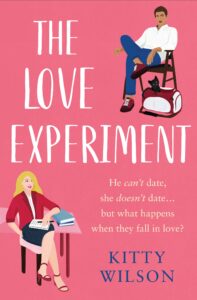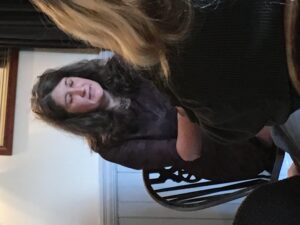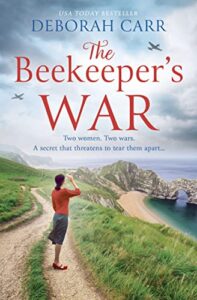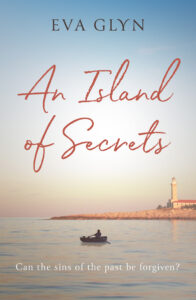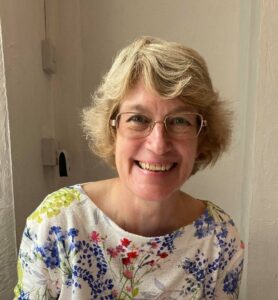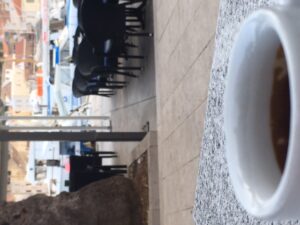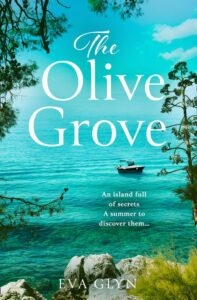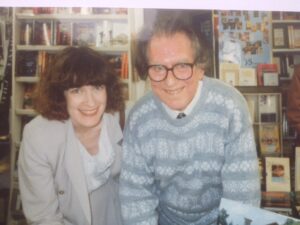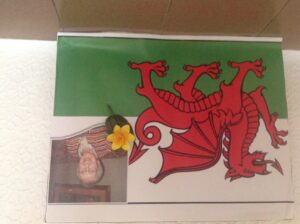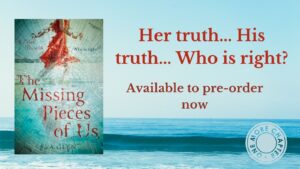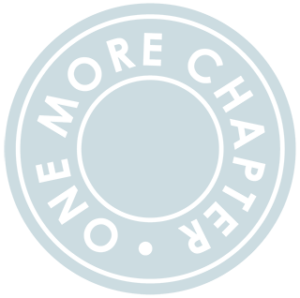Meet Venus. My writing retreat on wheels.
 “Come and write in me!” Venus whispered when I reluctantly went to view her. I’d never had any desire to be a caravaner. It suggested too much Hi-de-Hi! But from the day I met Venus last summer, it was love at first sight.
“Come and write in me!” Venus whispered when I reluctantly went to view her. I’d never had any desire to be a caravaner. It suggested too much Hi-de-Hi! But from the day I met Venus last summer, it was love at first sight.
She’s a big twin-axle unit and, combined with the car, as long as an articulated lorry. Spacious with bedroom, bathroom, kitchen-diner and lounge.
Our first few forays into caravanning were in the UK as we took in the delights of Wales and Northumberland, with only minor mishaps with awnings and wrong turnings. I could write in the peace of the countryside or overlooking a beach. Venus has few demands. There’s minimum cleaning and washing and no gardening – no distractions to stop me from writing.
Now we felt prepared for an overseas adventure. Unlike a motorhome, travelling with a large caravan needs plenty of planning. Would we get stuck in the Eurotunnel? Would our ‘BipandGo’ get us through tolls in each country automatically? Would the pitches be big enough for Venus? The list of checks was long. But most significantly, would all the travelling distract from my writing?
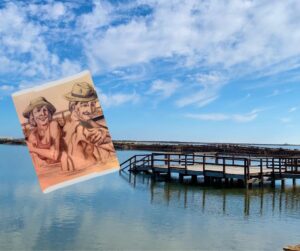 Leaving in mid-December to head south through France, the adventure began, and I was too distracted to write as the days progressed. We enjoyed many stop-offs along the way, including Christmas shopping in Lyon and being frozen to the bone in Beziers during the coldest temperatures for years. But once over the border to Spain, the weather warmed up, and we eventually settled for several weeks on the coast, south of Alicante. Now Venus became our Spanish home, and she adapted beautifully. The awning was up, the canopy open, and wine poured. With a novel to finish and perfect, the peace and tranquillity of my writing environment was a writer’s dream, and the words flowed. Distractions from our European neighbours were pleasant. Bonjour! Guten Morgen! They called out and encouraged me to write.
Leaving in mid-December to head south through France, the adventure began, and I was too distracted to write as the days progressed. We enjoyed many stop-offs along the way, including Christmas shopping in Lyon and being frozen to the bone in Beziers during the coldest temperatures for years. But once over the border to Spain, the weather warmed up, and we eventually settled for several weeks on the coast, south of Alicante. Now Venus became our Spanish home, and she adapted beautifully. The awning was up, the canopy open, and wine poured. With a novel to finish and perfect, the peace and tranquillity of my writing environment was a writer’s dream, and the words flowed. Distractions from our European neighbours were pleasant. Bonjour! Guten Morgen! They called out and encouraged me to write.
Travelling around Spain sparked many plot ideas. I know that I will have future characters enjoying the mud baths at Lo Pagan on the Costa Blanca and visiting the eclectic rastro market in Calpe or taking in the rich history of Alicante. With so many festivals to enjoy too, I made prolific notes as I planned the outline of a novel.
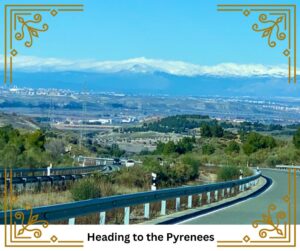 Heading home, we took a different route. Driving across Spain via Madrid, I saw how beautiful and rich the country is as we encountered miles of orange groves and vineyards. Every town and village seemed to have a castle built precariously high on a hill, or a medieval church tucked around a corner. Approaching the Pyrenees, bathed in glorious sunshine, the view was magnificent, and I didn’t give the drive a second thought.
Heading home, we took a different route. Driving across Spain via Madrid, I saw how beautiful and rich the country is as we encountered miles of orange groves and vineyards. Every town and village seemed to have a castle built precariously high on a hill, or a medieval church tucked around a corner. Approaching the Pyrenees, bathed in glorious sunshine, the view was magnificent, and I didn’t give the drive a second thought.
But now, I know how to write about fear.
Suddenly, the temperature dropped to sub-zero, and driving snow became a blinding blizzard as darkness fell. Venus is a heavy vehicle, and as we drove along the top of mountains with nowhere to shelter and a hundred miles to go, I thought I was going to die. Look out for a scene in a future novel when the terrified characters disappear into a wintery Spanish night – the story will write itself!
Our next trip will avoid the mountains in winter.
Happy travels everyone!
With love,
Caroline
Out now – THE CRUISE

